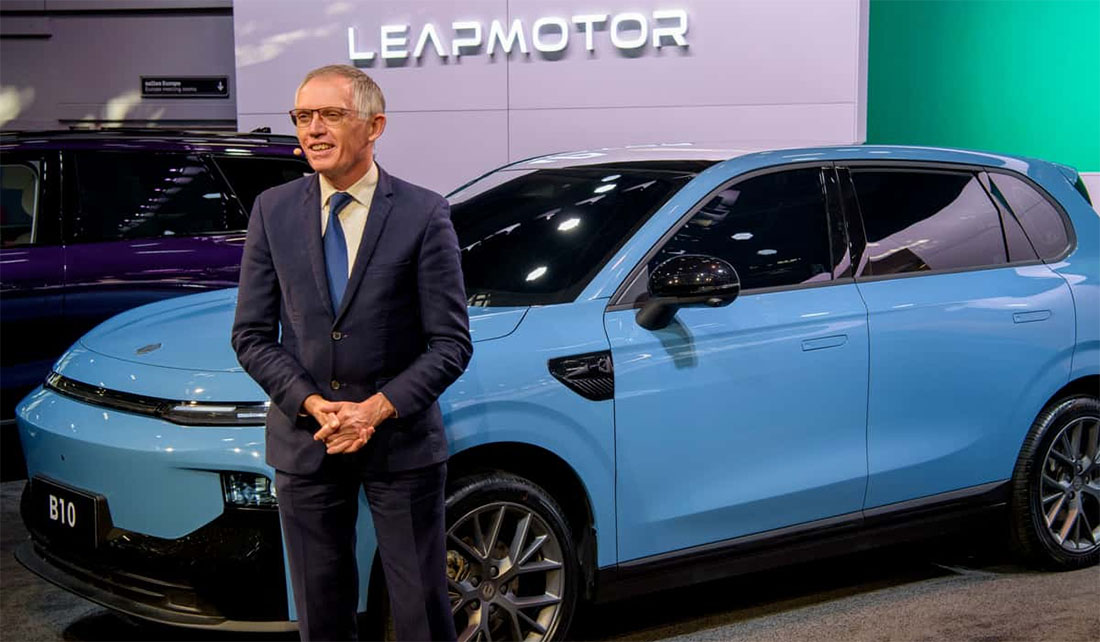
Photo Credit: Getty Images
Carlos Tavares, who drove auto giant Stellantis with aggressive cost-cutting and high car prices, reached the end of the road as CEO when his strategy hit a dead end. Tavares engineered one of the most ambitious mergers in automotive history in 2021 when more than a dozen brands, including Jeep, Fiat, Chrysler, Peugeot and Citroen, were put under the same roof.
The Portuguese executive, who headed French group Peugeot-Citroen at the time, was appointed chief executive of the newly created French-Italian-American behemoth dubbed Stellantis. His three-year tenure was marked by high profit margins that were the envy of its rivals in the auto industry, but the good times ended this year as sales plummeted in the United States, the group's key market.
Stellantis announced his abrupt departure in a statement Sunday night that hinted at tensions in the boardroom. Henri de Castries, an independent director on the Stellantis board, said in the statement that "different views have emerged" in recent weeks which led to the decision.
Tavares, 66, brought to Stellantis the same strategy that he had enforced at Peugeot-Citroen, which he had headed since 2014 when he took over at the French auto group. He was demanding with his teams and his cost management included cutting jobs, closing factories and tough negotiations that exasperated parts suppliers.
Tavares championed a "pricing power" strategy for Stellantis brands, putting high prices on models and putting an end to discounts that weighed on margins. After a series of record quarterly earnings, Stellantis cut its annual profit outlook in late September, citing a "deterioration" in the global car sector and problems in the American market.
The situation with Dodge cars and Ram trucks was particularly worrying for Stellantis executives and financial markets, with new vehicles piling up on dealer lots as high prices and quality concerns turned off customers.
In Europe, the Fiat, Citroen and Maserati brands were penalised by the late arrival of new models, sometimes due to software problems.
Stellantis announced in September it had begun looking for a successor to Tavares, who had been due to stand down when his current five-year contract expired in early 2026. But with the problems piling up Stellantis's board on Sunday unanimously accepted his immediate resignation. The move failed to reassure investors, with the company's shares falling around seven percent on Monday.
















